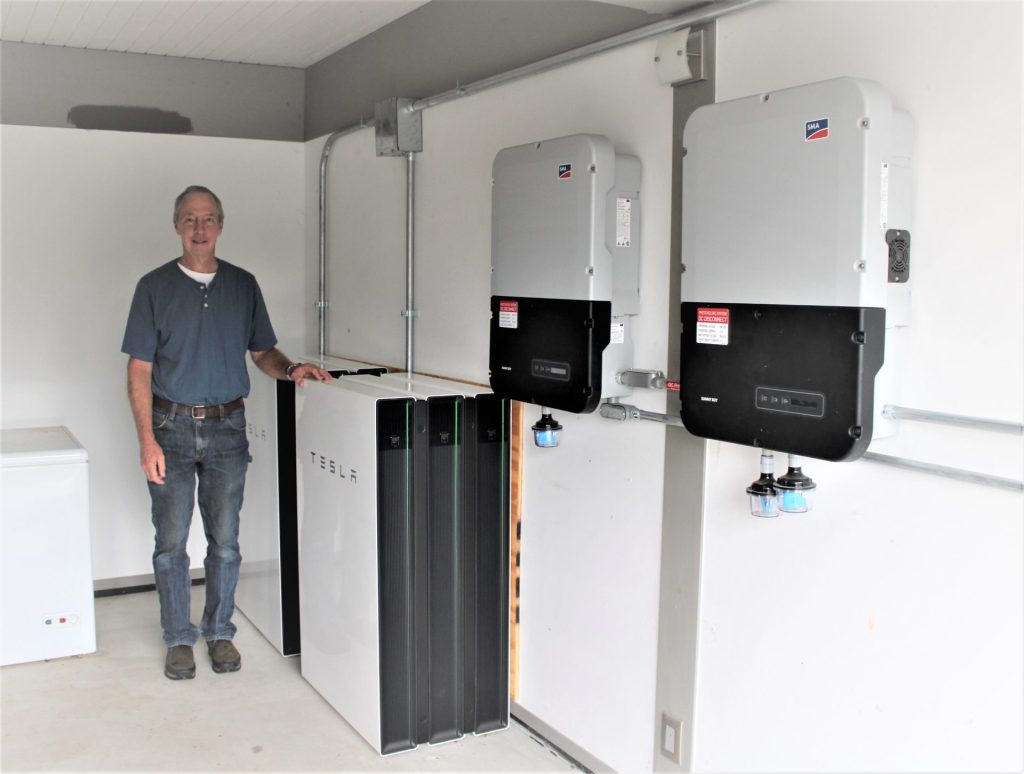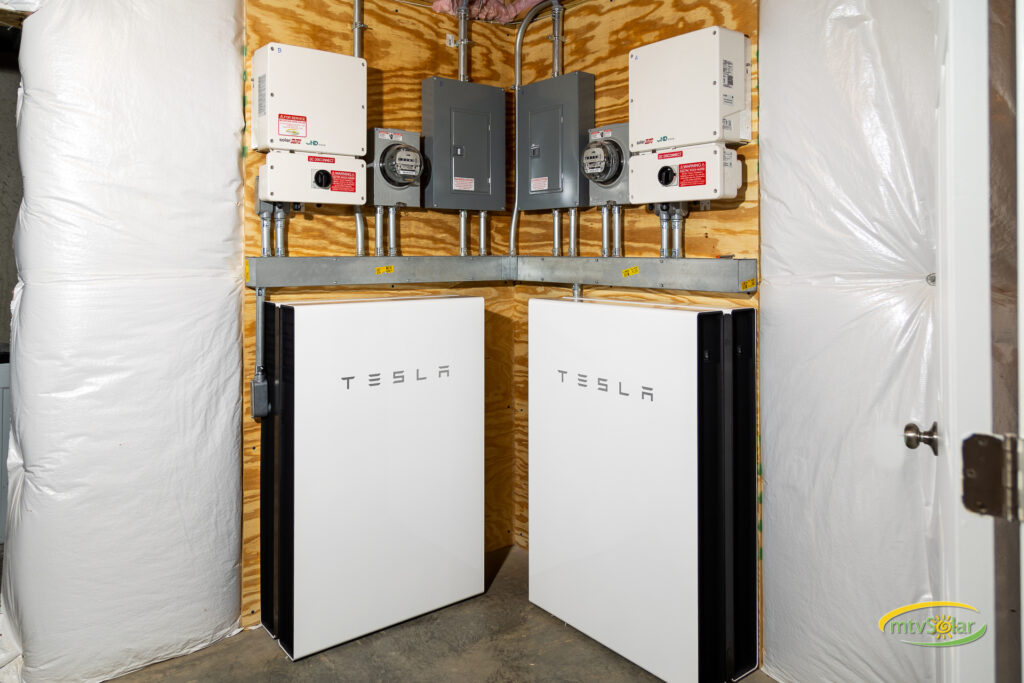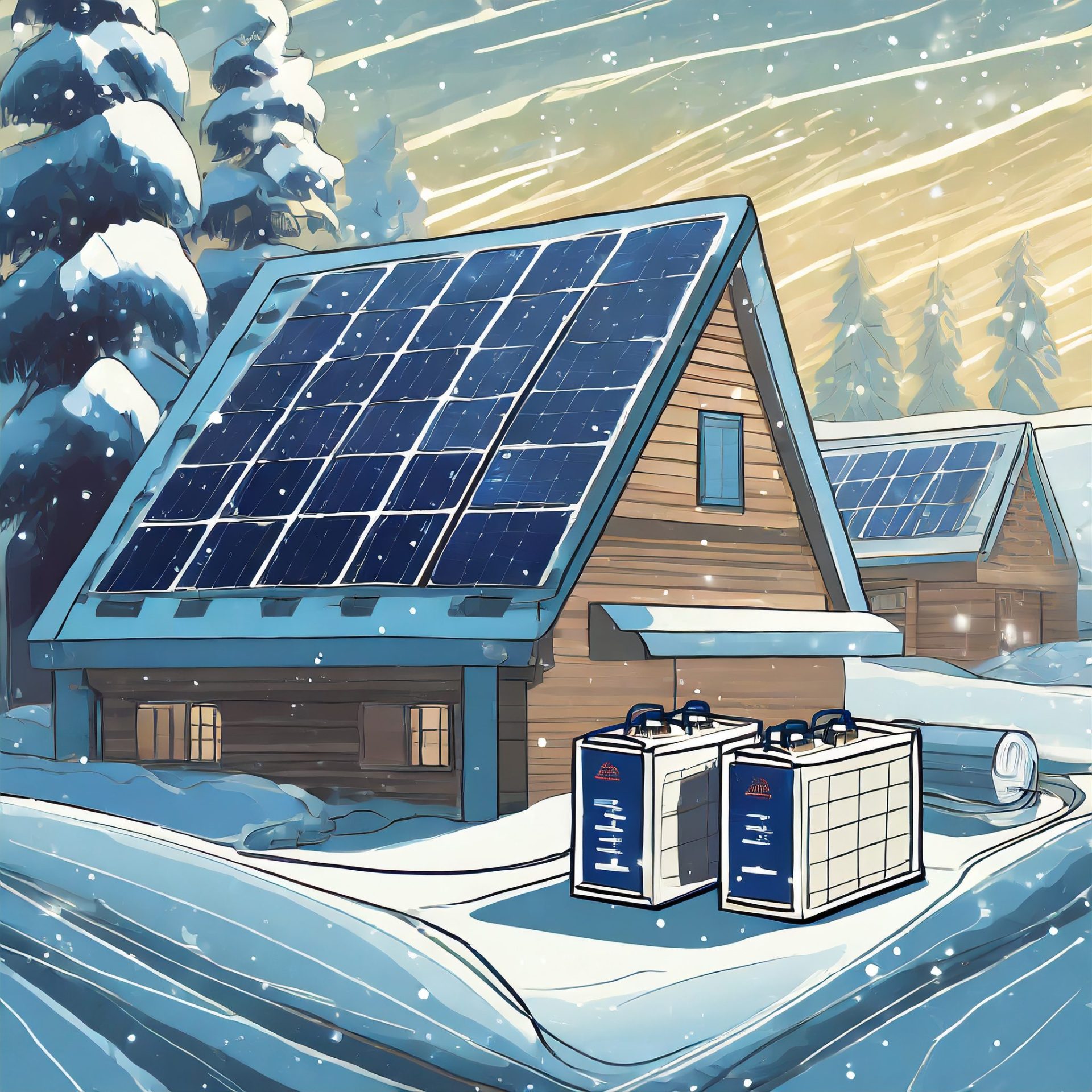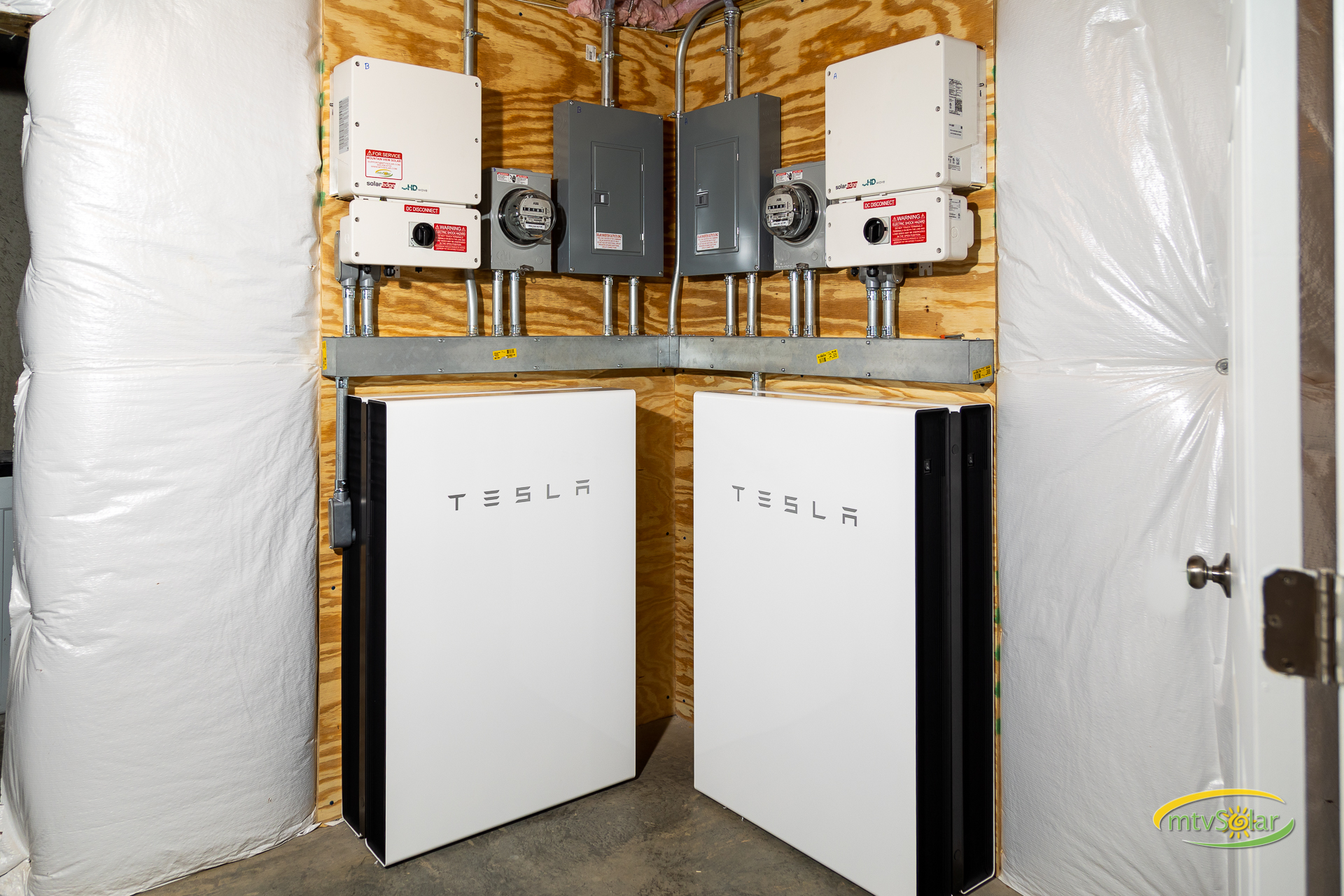Conserving energy, using battery storage and solar power and testing your energy capabilities can make a power outage easier to navigate.
Continue readingEnergy storage will be key to future power stability
Extreme temperatures across the globe are putting extra strain on power grids, and energy analysts say storage could help balance struggling electric supply systems as the grid is modernized for today’s energy supplies and demand.

Very high heat in summer poses multiple challenges for energy grids. Air conditioning in individual homes, businesses and industrial facilities create a large and sudden draw on public power supplies, adding to normal daily demands. High temperatures also affect the power distribution system’s physical features. Power lines can sag in extreme heat, causing them to malfunction or pose a fire risk in dry landscapes. That same heat (or, in different seasons, extreme cold) can interrupt the delivery of fuel to power plants that generate electricity.
Blackouts and grid failures are now common risks, added to outages caused by natural disasters like hurricane, floods and wildfires. Modern households and businesses are heavily dependent on electricity for everything from cell phone charging to internet-based services to food storage, not to mention heating and cooling. A lot rides on a stable electrical supply, and energy experts say one key to stability is energy storage.

“As temperatures increase, grids will need to be more resilient, including storage to handle demand surges and supply disruptions,” energy experts report in a recent look at global power outages.
Storing grid energy, solar or wind energy in battery systems allows individuals and grids to ride out the surges in power demand more smoothly. Batteries can stockpile energy when demand is low — on a cool night when appliance use is idle — for use later, when demand for power is high, like during the hottest part of the hottest summer day. This is possible for individual homes, and works extremely well paired with solar panels. Many of our mtvSolar customers have enough panels to offset all of their daily electrical usage and charge up battery systems like the Tesla PowerWall for use during outages or brownouts. Other customers use battery systems alone, charging them from the grid to sustain their homes or businesses when power goes out.
Want to know more about batteries and how they can work with your energy system? Check out our “All about batteries” page. Get in touch with our team for individualized guidance backed by 15 years of experience.

Plan now to grab Maryland energy storage tax credits for 2024
Maryland’s Energy tax credits for residential energy storage projects (think battery systems) were so popular in 2023 that the Maryland Energy Administration (MEA) stopped taking tax credit applications in August, anticipating the state would run out of designated funds well before the end of the year. Maryland’s lawmakers had agreed to set aside $750,000 in the 2023 tax year. Once the money was given out in tax credit certificates, that was it for the year.

The MEA was authorized to give out tax credits for 30% of the cost of an energy storage system — up to $5,000 in tax credits for a system installed in a residential property, and up to $150,000 for a system installed in a commercial property.
For many homeowners and businesses, these credits offered a big incentive to add energy storage components for a variety of reasons — to weather power outages, offset peak demand charges and establish energy stability for themselves.
The popularity of the tax credits this calendar year are a preview of 2024. Under Maryland law, the new year will replenish the Maryland Energy Storage Income Tax Credit fund back to its annual level of $750,000. That means homeowners and businesses can start adding energy storage and battery systems, and tap into the new pool of credits for 2024. The fund is set to run through the end of 2024, as long as the money holds out.
Maryland customers thinking of adding a battery storage system to tie into your solar panels should act early in 2024 to grab the state tax incentives while they last. mtvSolar is proud to serve customers all over Maryland and has the battery expertise to talk you through your options. Call us at 540-686-2052 to find out more.




